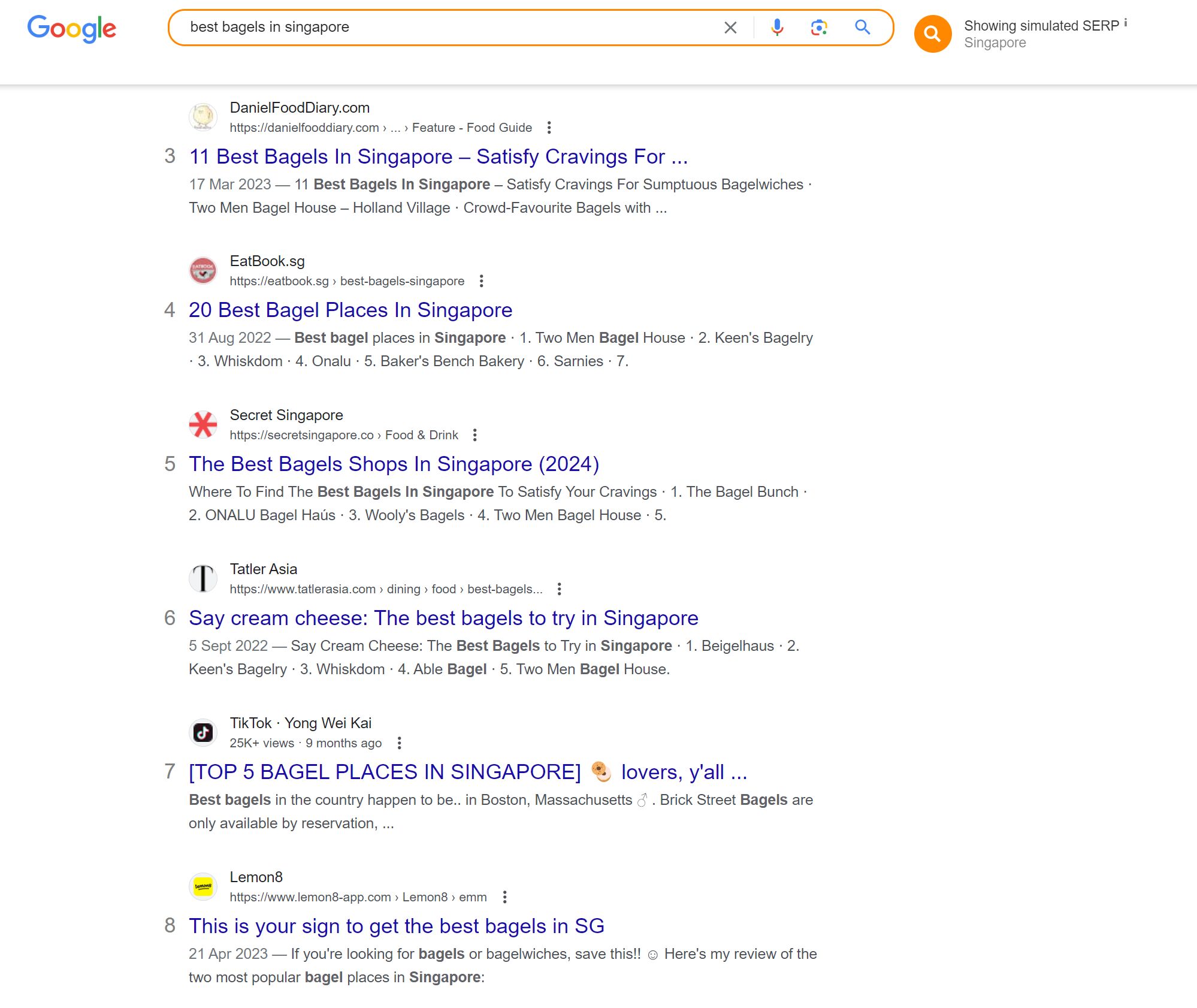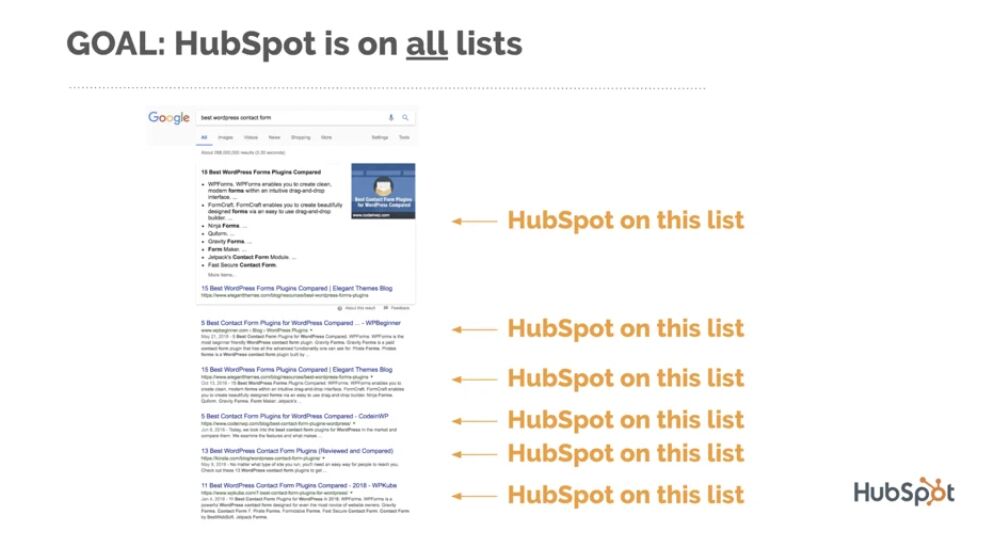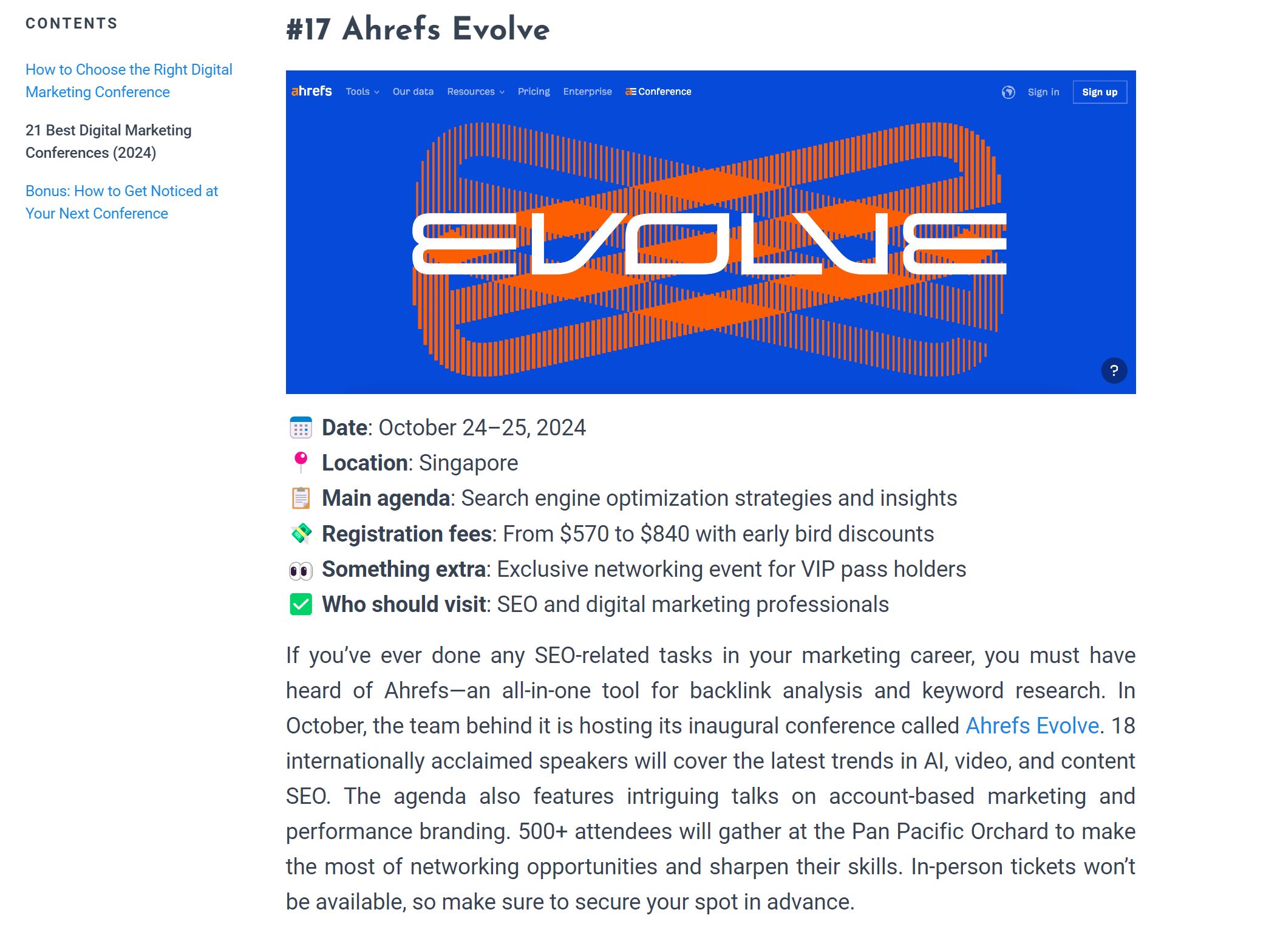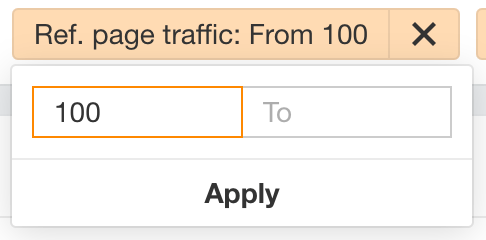How to Get Search Traffic Without Ranking for Anything
Getting to the top of Google can be quite slow. Especially so for small, new websites. And the competition can often be too strong, which makes it quite unlikely for you to outrank your rivals in the first place.
Well… if you can’t win, change the rules.
There’s a very simple trick for getting search traffic for the keywords that you want to rank for—without actually ranking for them.
Enter…
Second-hand search traffic
One of the most common pieces of marketing advice is to “go fish where the fish are.” Whatever product or service you want to sell, you have to follow three simple steps:
- Figure out who your ideal customers are.
- Find the places where those people are hanging out online.
- Go to those places and find ways to promote your product.
Quick example: if you want to sell fitness gear, it would be good to figure out how to tap into the r/Fitness community on Reddit, which has over 12M members.
What does it have to do with SEO though?
Well, whatever search traffic you want to drive to your own website… someone is already getting it to theirs, right? And their website is not necessarily your direct competitor.
If you own a bagel joint in Singapore, you definitely want your website to rank in Google for “best bagels in Singapore.” But the pages that actually rank for this keyword are listicles, which give readers a bunch of different suggestions. So your job is to get featured in as many of those top-ranking listicles as possible.

Ranking for a keyword with your own website isn’t the only way to get customers from Google. Getting featured on other pages that rank for this keyword is incredibly effective too.
I call this tactic “second-hand search traffic”.
The underlying idea is not new though.
You might have heard of the concept called “Barnacle SEO,” shared by Rand Fishkin back in 2014. There’s also a concept called “Surround Sound,” coined by Alex Birkett. And another one called “SERP Monopoly strategy” by Nick Eubanks. There’s also a reverse concept, called “Rank & Rent.”
The idea behind all of these tactics is practically the same: if a page gets a lot of relevant search traffic from Google—you have to try and get your business mentioned there.

But that’s easier said than done, right?
What’s in it for them?
Why would anyone bother to feature your business on their website?
Well, one simple answer is money.
If a website owner can make money from mentioning your business on their page, there’s a good chance they’ll do it. This money could come in the form of an affiliate commission or a flat fee for an annual or permanent placement. Sometimes these things can also happen as part of a broader partnership deal.
Getting listed for free is very, very hard. Especially so if you’re not already a big and respected business that people naturally want to feature on their website.
And yet—it’s not completely impossible to get listed for free.
Case in point, we just published our own “best SEO conferences” post, in order to rank for relevant search queries and promote our upcoming event, Ahrefs Evolve Singapore.
And then we went ahead and reached out to all websites that rank for the “best SEO conferences” keyword and asked them to add Ahrefs Evolve to their listicles. So far 10 out of 17 featured us on their pages, without asking for any payment whatsoever.

How to find S.H.S.T. opportunities with Ahrefs
The most straightforward way to execute this strategy is to compile a list of highly relevant keywords (with high business potential scores), pull all the top-ranking pages for each of them into a spreadsheet, and start your outreach.
But there’s one other fruitful source of pages to get second-hand search traffic from. These are pages that are linking to your competitors, while getting a decent amount of search traffic themselves.
Here’s how to find these pages in 3 simple steps:
- Put the website of your competitor in Ahrefs’ Site Explorer.
- Navigate to the Backlinks report.
- Apply the “Referring page > Traffic” filter.

Here’s an example of a page I found while trying this out for the ConvertKit website:

As you can see, this page is not about “email marketing” (the primary topic you’d go for, if you wanted to promote an email marketing tool). And yet, this page is receiving 2.6k visitors per month from Google (as estimated by Ahrefs), and it recommends a bunch of email marketing tools to its readers.
So if you own an email marketing tool—like ConvertKit—you definitely want to get mentioned on that page alongside your competitors.
The moral of this story is that you should look outside of the topics that are immediately relevant to your business. Any page that gets traffic and mentions a competitor of yours should become your target.
And Ahrefs makes it super easy to find such pages.
That’s it.
I hope you found this tactic useful. Don’t sleep on it, because there’s a good chance that your competitors won’t.